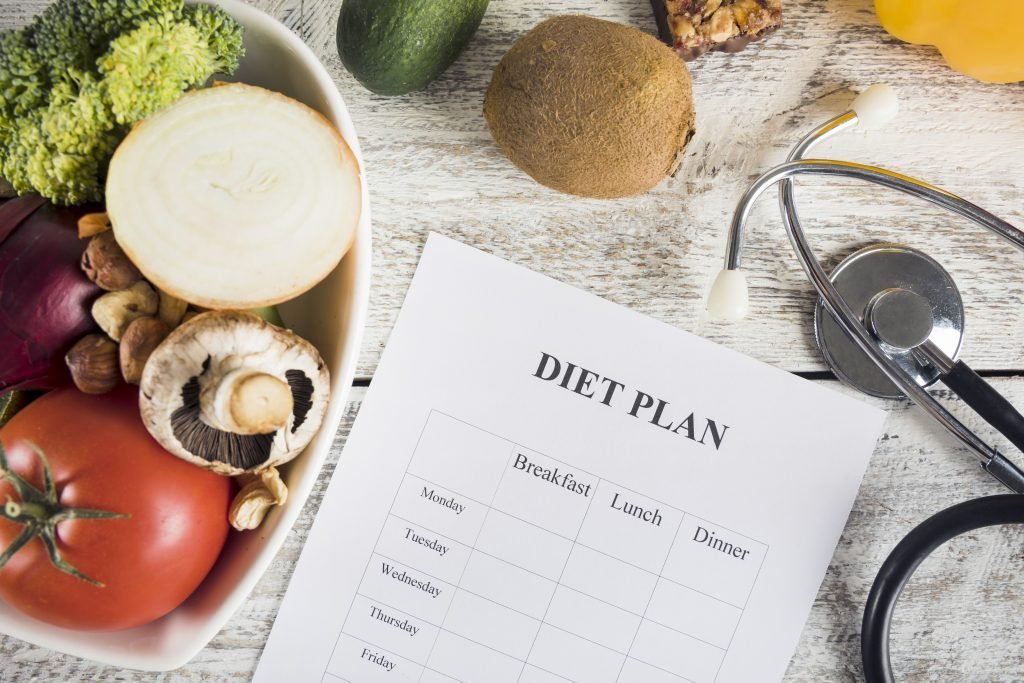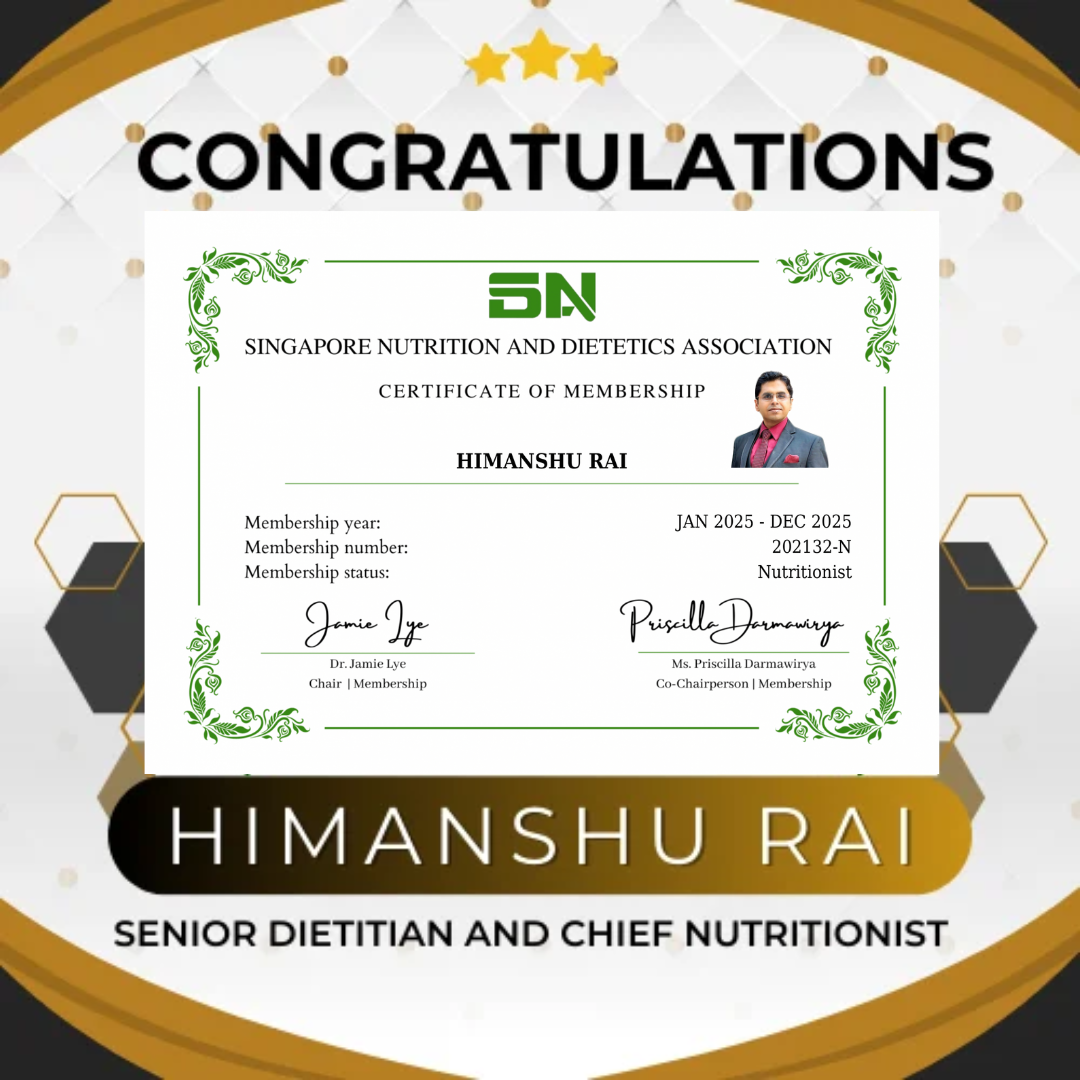Healthy Liver V/S Fatty LiverFoods What to avoid in Fatty Liver Disease and What is Helpful to recover you soon!
Fatty liver disease occurs when fat accumulates in the liver cells. If not managed properly it can lead to inflammation, scarring and eventually liver damage. To manage fatty liver disease, it is important to avoid certain foods and include others that may aid in recovery.
Foods to Avoid In Fatty Liver:
High-fat foods: High-fat foods such as fried foods, processed meats, and high-fat dairy products should be avoided.
Sugary foods and beverages: Foods with a high sugar content, such as candy, cookies, cakes, and sugary drinks, should be avoided. These can cause an increase in insulin levels, which can lead to more fat being stored in the liver.
Alcohol: Alcohol is a major cause of fatty liver disease and should be completely avoided.
Processed foods: Processed foods, such as chips and snack foods, are high in unhealthy fats, salt, and sugar and should be avoided.
Salt: Excess salt intake can cause fluid retention and swelling, which can further damage the liver.
Best Diet for Fatty Liver:
Fiber-rich foods: High-fiber foods, such as fruits, vegetables, whole grains, and legumes, may help improve liver function by reducing the build-up of fat in the liver.
Lean Protein: Foods rich in lean protein such as fish, poultry and tofu can help repair liver cells.
Healthy fats: Healthy fats, such as those found in nuts, seeds and avocados, may help reduce inflammation and improve liver function.
Coffee: Coffee has been shown to have a protective effect on the liver and may reduce the risk of developing fatty liver disease.
Green Tea: Green tea has been shown to improve liver function and reduce inflammation.
Fatty Liver Disease Symptoms:
There are often no symptoms in the early stages of fatty liver disease. However, as the disease progresses, the following symptoms may occur:
– fatigue and weakness
– abdominal pain or discomfort
– swollen feet and ankles
– Jaundice (yellowing of the skin and eyes)
– loss of appetite
– unintended weight loss or weight gain
– nausea and vomiting
– confusion and difficulty concentrating
– spider veins on skin
– red palms
It is important to note that many of these symptoms can also be caused by other health conditions, so it is important to see a health care professional for an accurate diagnosis.
Fatty liver disease occurs when fat accumulates in the liver cells. If not managed properly it can lead to inflammation, scarring and eventually liver damage. To manage fatty liver disease, it is important to avoid certain foods and include others that may aid in recovery.


































